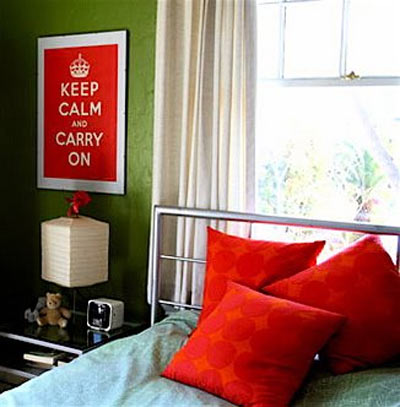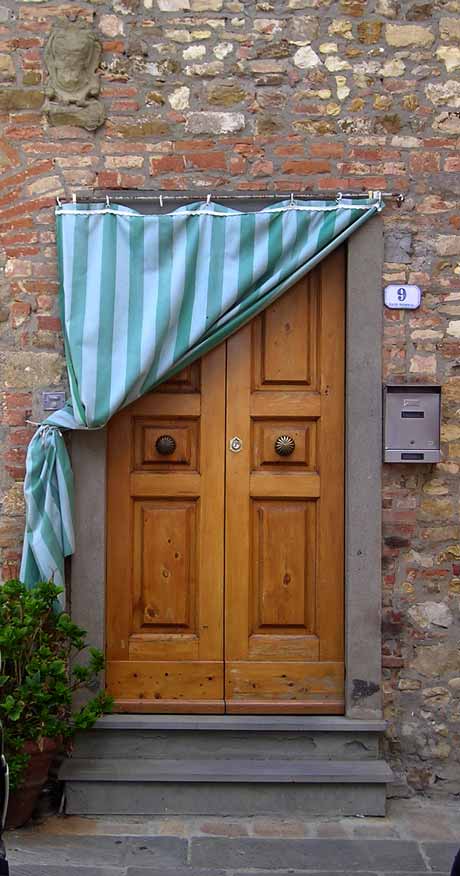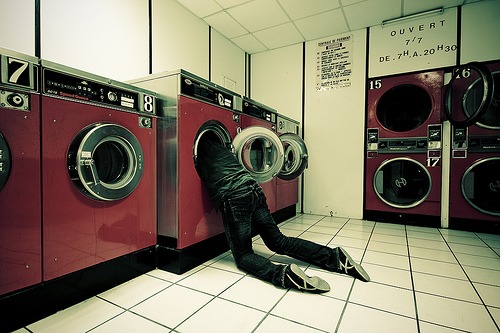
Most of us need insurance, money, and love to make it through cancer. But what about the smaller, less conspicuous items that helped you through the medical and physical challenges of surgery, chemo or radiation?
On my blog I often write about the emotional impacts of cancer, but today I’m all about the practical physical side. Most patients discover small must-have items, clothing, food, or paraphernalia that helped us to physically manage daily life. Here are mine:
1. Zip-up hoodies – I couldn’t lift my arms over my head to put on a shirt after surgeries for thyroid cancer
2. Paper cups and straws – During surgery they dug around in my neck and shoulders. So sore in that area, I couldn’t lift a glass or mug to drink but paper cups and straws saved the day.
3. Pillows – A mountain of pillows, even big couch cushions, were great for propping me up in bed and taking pressure off my neck.
4. PB Sandwiches – Unable to eat packaged or restaurant food while on a low iodine diet (pre- radio-active iodine treatment), a friend baked loaves of no iodine bread and I popped zip lock bags of peanut butter sandwiches into my purse whenever I left home so I wouldn’t be stranded without food.
5. Friends’ Old Clothes – There are strict protocols for washing clothes after radio-active iodine treatment because sweat makes them contaminated. Friends gave me five days worth of old comfy clothes they would have donated to Goodwill anyway. I chucked them in the trash after wearing them. No laundry and no clothes with bad memories.
Pick your top five items (or more if you’d like) and leave them in the comment section, noting the kind of cancer you have and what your treatment or surgery was. Don’t worry if someone already mentioned one of your favorite items – duplicates only reinforce how necessary and helpful the item is.
For more practical tips on coping with cancer, check out Everything Changes: The Insider’s Guide to Cancer in Your 20s and 30s.
![]()
![]()





 “Everything Changes is, without doubt, the most forthright, emotionally sophisticated, and plain-old valuable book of its kind I've seen.”
“Everything Changes is, without doubt, the most forthright, emotionally sophisticated, and plain-old valuable book of its kind I've seen.”












